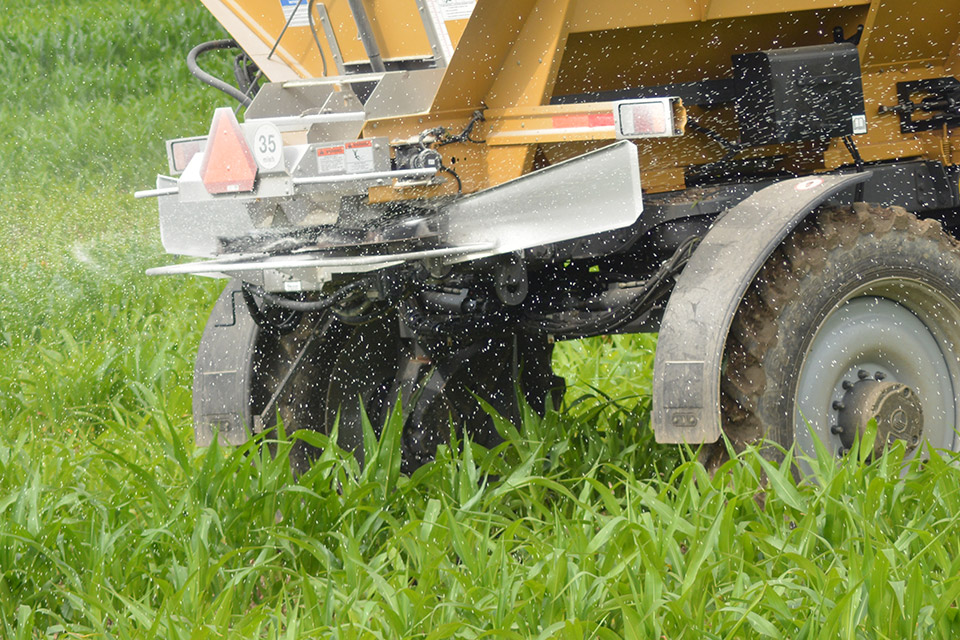Also known as mycorrhizae, they a type of mutually beneficial relationship between fungi and plant roots. This symbiotic association is essential for the growth and survival of most plants, as it provides them with important nutrients and water.
Types
There are three main types: arbuscular, ectomycorrhizal, and ericoid ( their root systems ). Arbuscular mycorrhizal forms a relationship with a very large number of plants, from crops to grasses, trees and shrubs. Ectomycorrhizal fungi on the opposite side link generally with temperate and boreal trees and shrubs. Further, ericoid mycorrhizal fungi also attack plants of this family and form symbiotic relationships with the heath family, which includes blueberries and rhododendrons.
Benefits for Plants
They are very important in plant nutrition as they increase the surface area of roots, hence allowing better absorption of water and nutrients. In addition, they produce enzymes that facilitate the breakdown of organic matter in the soil, hence making the nutrients available to the plants. Therefore, plants feed fungi with sugar and carbohydrates, which plants produce by photosynthesis.
Importance in Agriculture
Their application in agriculture is gaining popularity because they can improve plant growth and yield, which in turn will reduce the need for chemical fertilizers. These fungi have, on certain occasions, been found to have boosted crop yields to the extent of 80%. They also improve soil quality, prevent soil erosion and cut down on watering.
Take the chance to modernize your farming procedures on mycorrhizal fungi. Contact Groundwork BioAg to find out about the best products that can help your crops, soil, and pocket. At Groundwork BioAg, they’ve got the groundwork to help you grow success from the bottom up.



